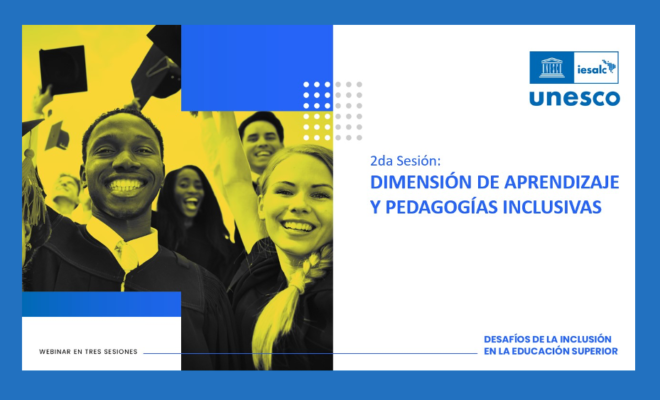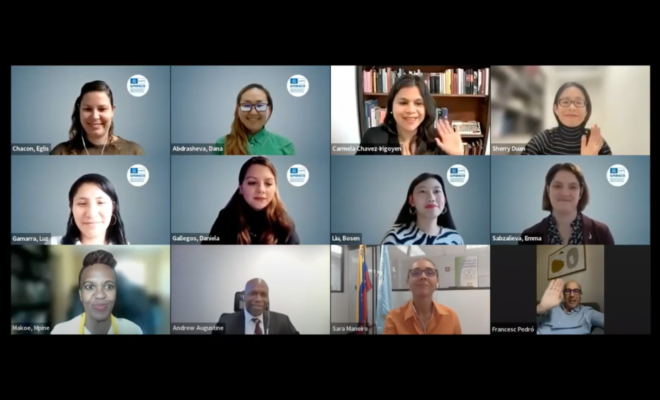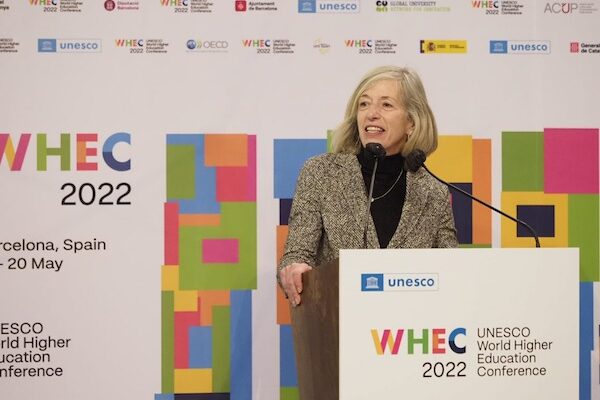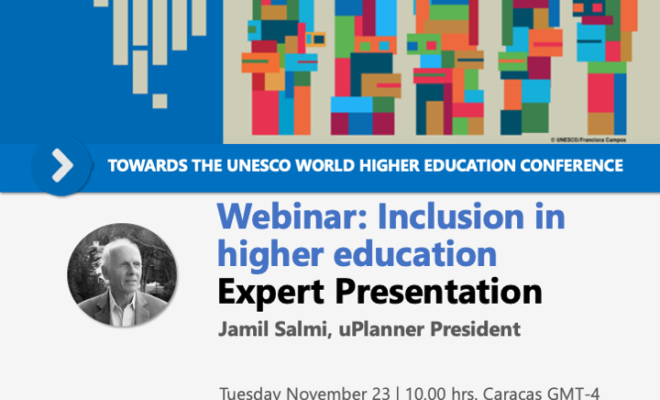The university reform of Cordoba in 1918 as a permanent invitation

“…We have resolved to call all things by the name they have. Cordoba is redeemed. From today we represent one less shame and one more freedom for the country. The pains that remain are the liberties we lack…”
Liminal Manifesto of the university reform
By Paulo Falcón* | As on every June 15, the Latin American and Caribbean region commemorates the events of Cordoba in 1918 and its University Reform movement.
That spark was a wildfire that spread its proclamation of change and modernization of the old idea of the colonial university throughout the continent and beyond, to make way to a socially committed university that, full of democracy, would be a platform of ideas and support for freedom and equality.
In the words of the beautiful liminal manifesto, a continental call was made explicit in an ethical, political, academic and scientific key; nothing pertaining the university was left out of its attentive look at the reality of that time; from the heartfelt, hard, and at the same time hopeful perspective of a youth that was not resigned to what was possible, and assumed itself as the engine of progress.
Most of our university systems were impregnated by the reformist program, laying the foundations for policies to safeguard and defend autonomy and autarchy, democratic and republican government, secularism, promotion of access and the elimination of petty restrictions, guarantees of academic freedoms, of research as a triumph of reason, and the development of university extension to solve and address social problems and promote development, to mention the cardinal axes of our university culture.
But undoubtedly this model that, in advance, promoted student-centered education, outlines a fundamental principle: critical thinking as a germ to make the university a living structure, in perpetual movement, thinking and rethinking itself in its time, territory and with its people.
This openness and adaptation to each context, makes it impossible to find two universities alike, each is a project in itself, but all in turn, are linked by the same tradition of responsibility to its people and its future.

In the midst of the 21st century, the University Reform of 18′ continues to invite us to safeguard its legacy, in the indescribable defense of university education as a human right, a public good and the main and non-delegable responsibility of the States, overthrowing conservative and arbitrary attitudes, giving rise to inter and multicultural communities, where groups are respected in their identities and opportunities, as mechanisms of real and effective inclusion and not merely declaratively, because in this reformist university, its members are guaranteed the right to quality higher education for everyone and throughout life.
Thus, when we talk about access to education, we cannot limit ourselves to consider only the student body, but we must also do so in reference to the teaching staff, the collective of university workers, and those who graduate and must have the possibility of effectively inserting themselves in a changing and uncertain world.
The university reform dealt with the Spanish flu pandemic in its time and today, more than one hundred years later, it survives the COVID-19 pandemic as a demand for equity in Latin America and the Caribbean, which is the most inequitable region on the planet, calling for solidarity in order for the distribution of the benefits of knowledge to make upward social mobility possible.
The lessons learned show us that, particularly at the moment, it is reformist to think that, if education is a human right, everything related to education must be interpreted in terms of human rights. Therefore, university education access, promotion and graduation, at present, must be accompanied by access to connectivity and artifacts that enable knowledge to be a public good and therefore available to the entire society. Otherwise, far from favoring access through virtual or hybrid environments, we reproduce and consolidate inequalities.
Our universities and their communities have endured crises and are currently experiencing an opportunity for change, turning structures designed in past times into organizations that, based on the values that inspire us, also combine agile, sustainable, dynamic and intelligent forms, empathetic with people and attentive to the construction of a better tomorrow.
Thus, the reform of the 18 proposes to the knowledge society to have more freedoms and less shame, renewing its invitation to the exercise of goodness, truth, and beauty as platforms for an egalitarian and equitable future for current and future generations.
*Member of UNESCO IESALC Governing Board
RELATED ITEMS







